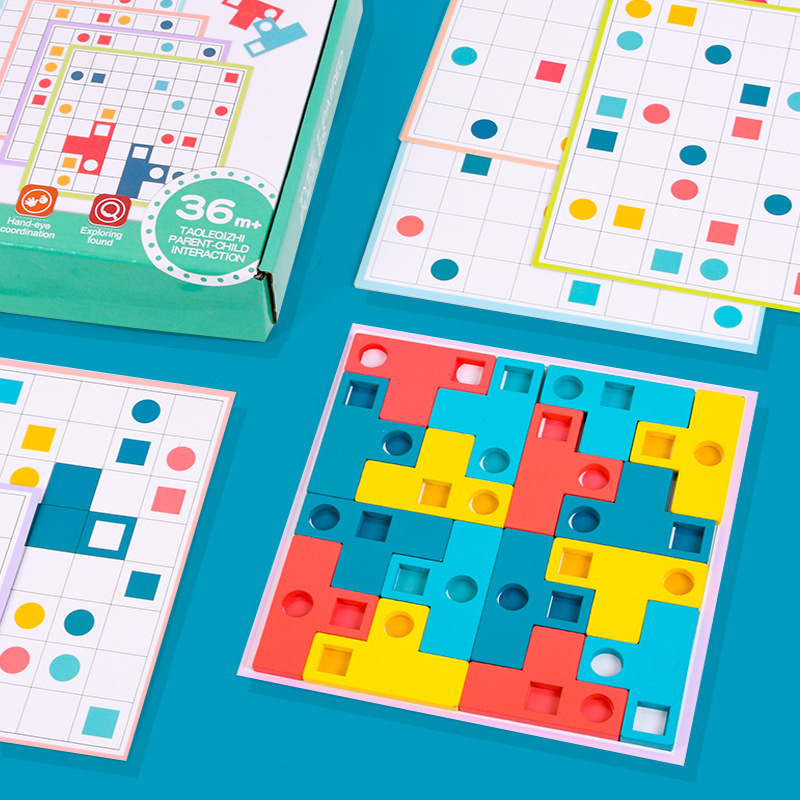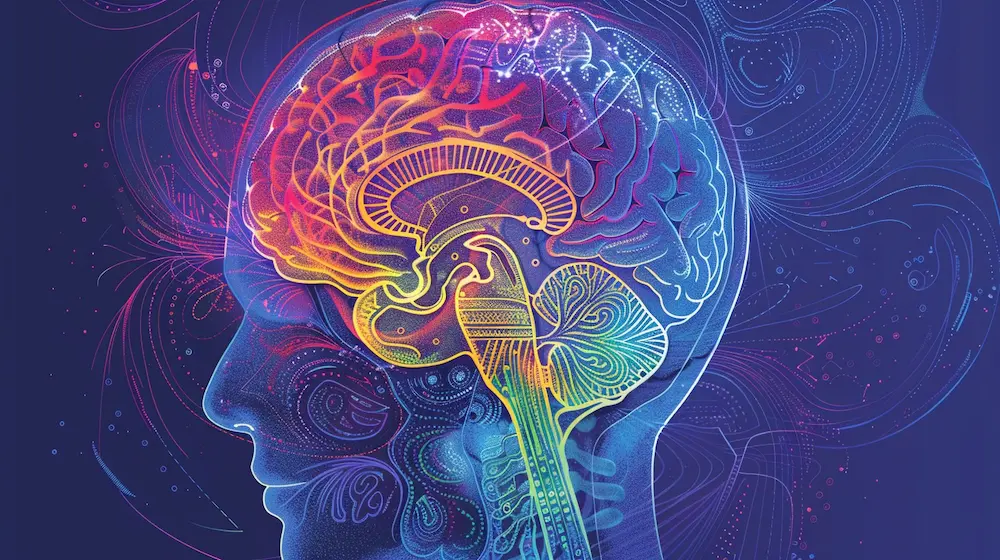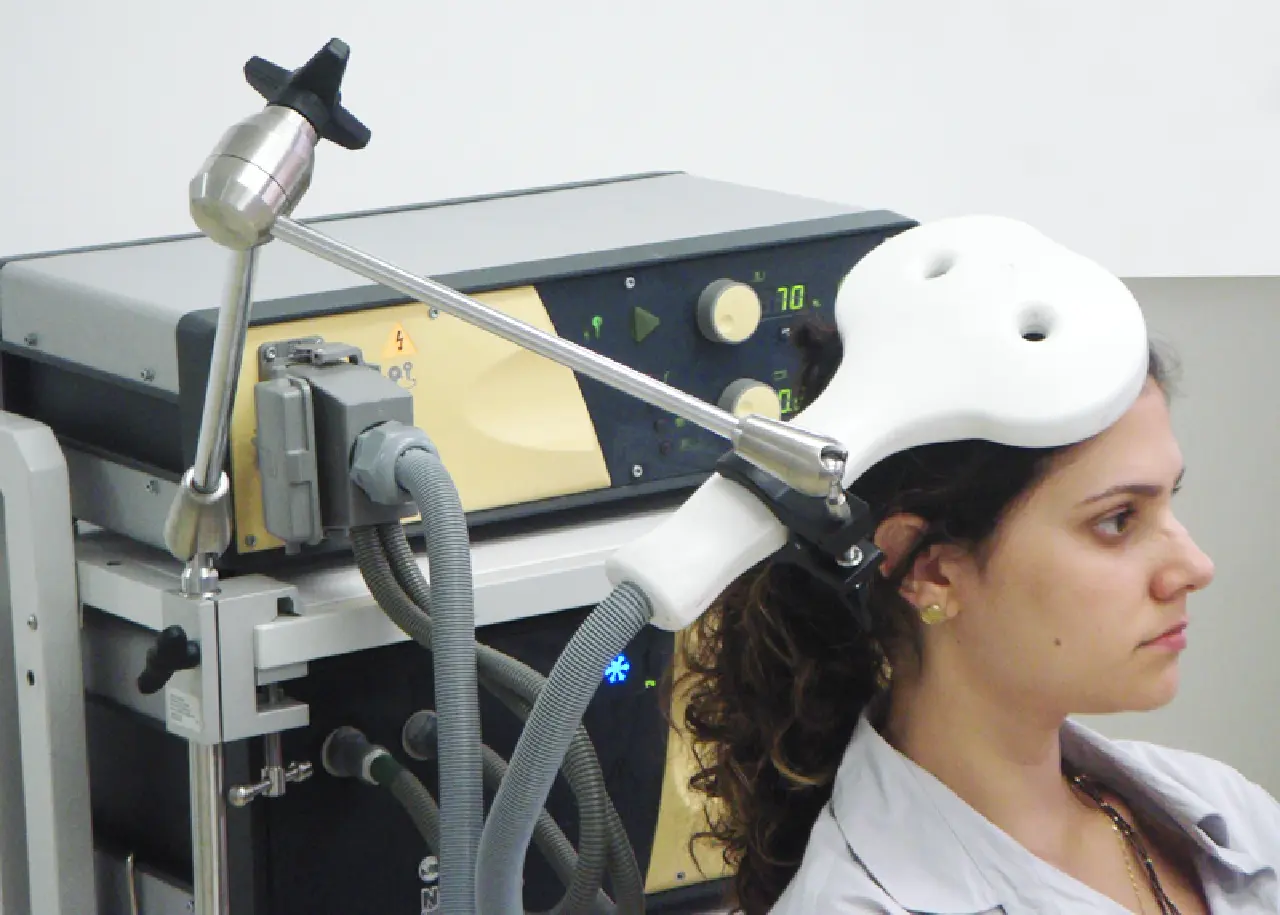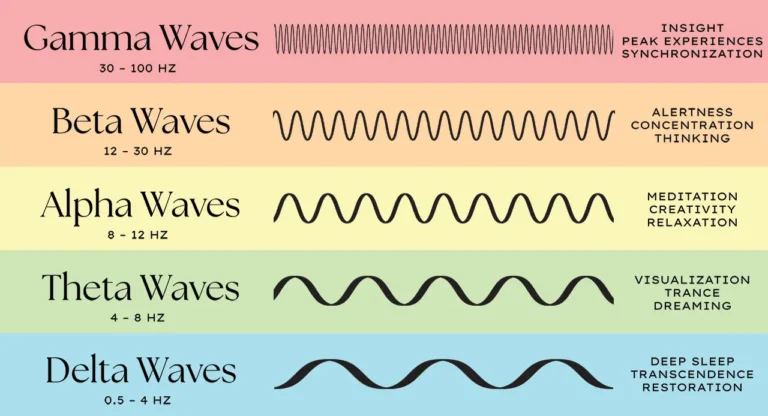Brain Exercises help us maintain cognitive health which is as crucial as physical fitness. Just like our bodies require regular exercise to stay fit, our brains need stimulation to function optimally. Engaging in brain exercises can significantly enhance cognitive abilities, improve memory, and reduce the risk of cognitive decline as we age.
This article delves into the various types of brain exercises, their benefits, and practical tips for incorporating them into your daily routine.
By prioritizing brain health, individuals can boost their mental agility, improve problem-solving skills, and enjoy a better quality of life. Let’s explore how brain exercises can empower you to achieve these goals.
See also our Trivia game generator or Fun Facts game for you mental exercises and mental sharpness!
What Are Brain Exercises?



Understanding Brain Exercises
Brain exercises refer to activities designed to stimulate and enhance cognitive functions such as memory, attention, and problem-solving. These exercises engage different regions of the brain, promoting neuroplasticity—the brain’s ability to reorganize itself by forming new neural connections.
Key Points:
- Mental Stimulation: Engaging in brain exercises provides the mental stimulation necessary for maintaining cognitive health.
- Variety of Activities: Brain exercises can include puzzles, memory games, learning new skills, and even physical activities that challenge the brain.
- Adaptability: These exercises can be tailored to suit different ages and cognitive abilities.
Quote: “The brain is like a muscle; the more you use it, the stronger it gets.” – Cognitive Scientist
The Science Behind Brain Exercises
Research has shown that engaging in mentally stimulating activities can lead to improvements in cognitive performance and brain health. A study published in the Journal of the American Geriatrics Society found that older adults who participated in cognitive training exercises showed significant improvements in memory and executive function.
Neuroplasticity and Cognitive Health
Neuroplasticity is the brain’s ability to adapt and reorganize itself in response to learning and experience.
Engaging in brain exercises can enhance neuroplasticity, leading to improved cognitive function and a reduced risk of cognitive decline.
| Neuroplasticity Benefits | Description |
|---|---|
| Enhanced Learning | Improved ability to acquire new skills and knowledge. |
| Memory Retention | Better retention and recall of information. |
| Cognitive Resilience | Increased ability to cope with cognitive challenges and stress. |
Types of Brain Exercises
There are various types of brain exercises that can be incorporated into your daily routine. Here are some effective exercises to consider:
1. Puzzles and Games

Engaging in puzzles and games is a fun and effective way to challenge your brain. Activities like jigsaw puzzles, Sudoku, and crossword puzzles require problem-solving skills and critical thinking.
| Type of Puzzle/Game | Benefits |
|---|---|
| Jigsaw Puzzles | Enhances visual-spatial reasoning and cognitive flexibility. |
| Sudoku | Improves logical reasoning and pattern recognition. |
| Crossword Puzzles | Expands vocabulary and enhances verbal skills. |
2. Memory Exercises
Memory exercises help strengthen recall abilities and improve overall memory function. Here are some effective memory exercises:
- Mnemonic Devices: Use acronyms or rhymes to remember information, such as “PEMDAS” for the order of operations in math.
- Storytelling: Create a story around the information you want to remember, making it more relatable and easier to recall.
3. Learning New Skills

Learning new skills is an excellent way to stimulate the brain. Whether it’s picking up a musical instrument, learning a new language, or mastering a new hobby, the process of acquiring new skills engages various cognitive functions.
4. Physical Exercise
Physical activity is not only beneficial for the body but also for the brain. Regular aerobic exercise increases blood flow to the brain, promoting the growth of new neurons and enhancing cognitive function.
| Type of Exercise | Benefits |
|---|---|
| Walking | Improves cardiovascular health and boosts mood. |
| Dancing | Enhances coordination and cognitive flexibility. |
| Yoga | Reduces stress and improves focus and concentration. |
5. Mindfulness and Meditation
Practicing mindfulness and meditation can improve attention, focus, and emotional regulation. These practices encourage relaxation and reduce stress, which can positively impact cognitive function.
- Meditation: Spend a few minutes each day in quiet reflection, focusing on your breath and clearing your mind.
- Mindfulness Exercises: Engage in activities that require full attention, such as mindful eating or mindful walking.
Benefits of Brain Exercises

Engaging in regular brain exercises offers numerous benefits, including:
- Improved Memory: Brain exercises enhance memory retention and recall, making it easier to remember important information.
- Increased Focus and Concentration: Regular mental stimulation helps improve attention span and concentration levels, allowing for better performance in daily tasks.
- Enhanced Problem-Solving Skills: Brain exercises encourage critical thinking and creative problem-solving, equipping individuals with the skills needed to tackle complex challenges.
- Reduced Risk of Cognitive Decline: Engaging in mentally stimulating activities has been linked to a lower risk of cognitive decline and dementia in older adults.
- Boosted Mood and Mental Well-Being: Many brain exercises, especially physical activities, release endorphins that improve mood and promote overall mental well-being.
Statistical Insights
Research indicates that individuals who regularly engage in brain exercises can experience significant cognitive benefits. For instance, a study published in Alzheimer’s & Dementia found that participants who engaged in cognitive training exercises showed a 29% reduction in the risk of developing dementia compared to those who did not.
Incorporating Brain Exercises into Your Routine
Tips for Getting Started
- Set Realistic Goals: Start with achievable goals, such as dedicating 10-15 minutes a day to brain exercises.
- Mix It Up: Incorporate a variety of exercises to keep things interesting and challenge different cognitive skills.
- Make It Social: Engage in brain exercises with friends or family to make the experience more enjoyable and motivating.
- Track Your Progress: Keep a journal to track your brain exercises and monitor improvements in cognitive function over time.
Sample Brain Exercise Routine
| Day | Activity | Duration |
|---|---|---|
| Monday | Sudoku | 15 minutes |
| Tuesday | Jigsaw Puzzle | 30 minutes |
| Wednesday | Dance Class | 1 hour |
| Thursday | Vocabulary Building | 15 minutes |
| Friday | Meditation | 10 minutes |
| Saturday | Learn a New Skill (e.g., guitar) | 1 hour |
| Sunday | Nature Walk (mindful walking) | 30 minutes |
Conclusion
Incorporating brain exercises into your daily routine can lead to significant improvements in cognitive function, memory, and overall mental well-being.
By engaging in a variety of activities that challenge the brain, individuals can enhance their cognitive abilities and reduce the risk of cognitive decline as they age.
Whether through puzzles, physical exercise, learning new skills, or mindfulness practices, there are countless ways to keep your brain sharp and healthy. Start today by incorporating some of these exercises into your routine and experience the benefits of a more agile and resilient mind.
Frequently Asked Questions (FAQs)
What are brain exercises?
Brain exercises are activities designed to enhance cognitive functions such as memory, attention, and problem-solving.
How do brain exercises benefit cognitive health?
Engaging in brain exercises promotes neuroplasticity, improves memory retention, enhances problem-solving skills, and reduces the risk of cognitive decline.
Can physical exercise improve brain function?
Yes, regular physical exercise increases blood flow to the brain, promoting cognitive health and enhancing overall brain function.
How often should I engage in brain exercises?
Aim to dedicate at least 10-15 minutes daily to brain exercises for optimal cognitive benefits.
Are there any specific brain exercises for older adults?
Yes, activities like puzzles, memory games, and learning new skills can be particularly beneficial for older adults in maintaining cognitive health.
Can brain exercises help with stress relief?
Absolutely! Many brain exercises, especially mindfulness and meditation practices, can help reduce stress and improve emotional well-being.
Is it necessary to use technology for brain exercises?
While technology can enhance brain exercises through apps and online games, traditional activities like reading, puzzles, and social interactions are equally effective.
How can I track my progress in brain exercises?
Keeping a journal to record your daily exercises and noting improvements in cognitive function can help you monitor your progress over time.
What types of puzzles are best for brain exercises?
Jigsaw puzzles, Sudoku, and crossword puzzles are excellent options for stimulating different cognitive skills.
Can children benefit from brain exercises?
Yes, brain exercises can be beneficial for children as they promote cognitive development, improve learning abilities, and enhance academic performance.
References
- Healthline. (2024). 13 Brain Exercises to Help Keep You Mentally Sharp. https://www.healthline.com/health/mental-health/brain-exercises
- Harvard Health Publishing. (2024). Exercise Can Boost Your Memory and Thinking Skills. https://www.health.harvard.edu/mind-and-mood/exercise-can-boost-your-memory-and-thinking-skills
- AARP. (2022). 5 Exercises That Can Keep Your Brain Sharp. https://www.aarp.org/health/brain-health/info-2022/workouts-for-brain-health.html
- Cleveland Clinic. (2024). How Exercise Protects Your Brain’s Health. https://health.clevelandclinic.org/exercise-and-brain-health
- National Institutes of Health. (2015). How Exercise Influences the Brain: A Neuroscience Perspective. https://www.ncbi.nlm.nih.gov/pmc/articles/PMC4410170/
- Everyday Health. (2024). Brain Exercises for Memory. https://www.everydayhealth.com/longevity/mental-fitness/brain-exercises-for-memory.aspx



